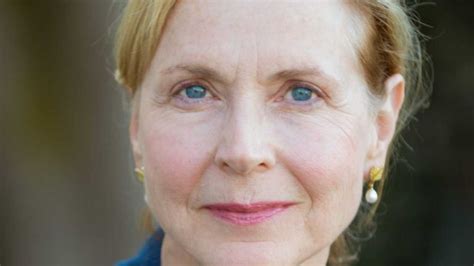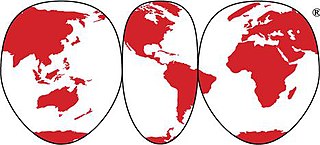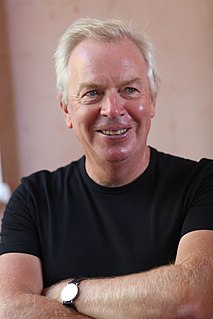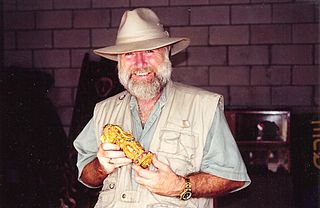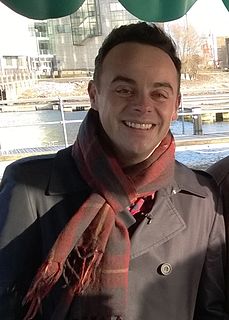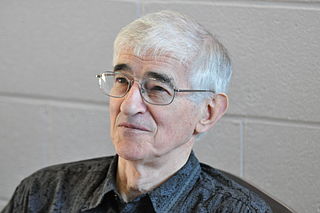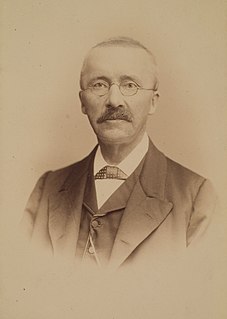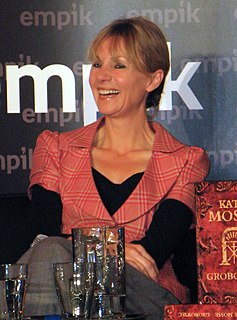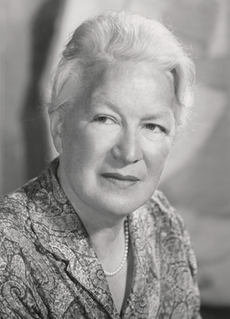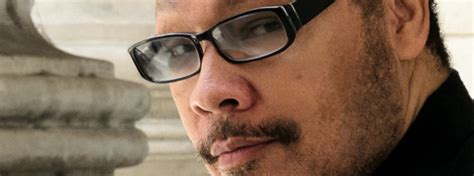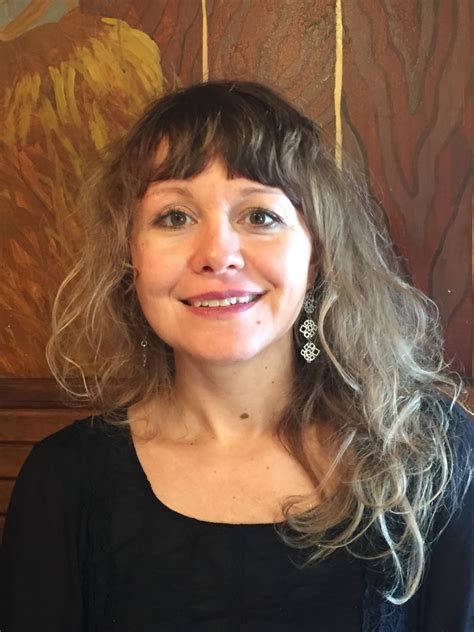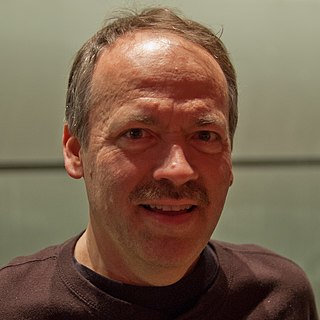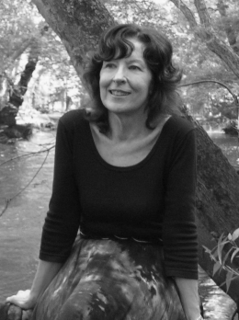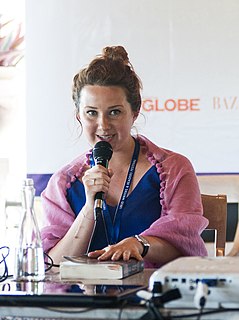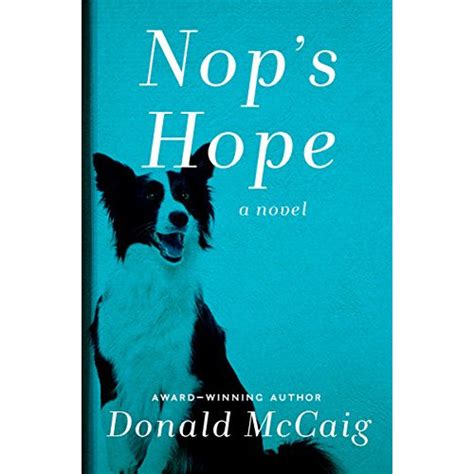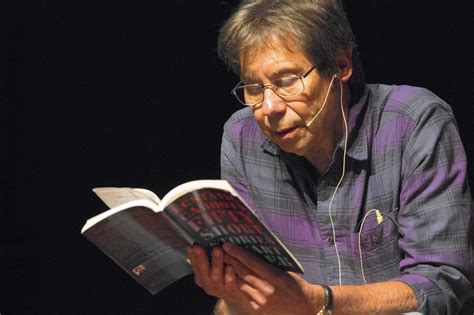Top 1200 Historical Research Quotes & Sayings
Explore popular Historical Research quotes.
Last updated on April 14, 2025.
If Holocaust happened, then those who bear the responsibility for it have to be punished, and not the Palestinians. Why isn't research into a deed that occurred 60 years ago permitted? After all, other historical occurrences, some of which lie several thousand years in the past, are open to research, and even the governments support this.
I've always really loved big worlds and the kind of worldbuilding where you can open a portal into a new realm that feels full and complete. At the same time, I also really love history. So the combination of big worlds and history draws me directly into fantasy. Well, it should turn me towards historical fiction but I'm such a perfectionist about research that I'm not sure I could ever write a book in that genre properly. In fantasy, you have to have the same level of precision, but it's not as research-based. Plus, I get to write my little info sheets and draw my maps.
Africans and persons of African descent must assume the primary responsibility and leadership in historical research....if we are to continue to leave practically all important historical research and writing concerning the black race to the white man, then we must be prepared to accept, uncomplainingly, the white man's point of view.
It is easy to see, though it scarcely needs to be pointed out, since it is involved in the fact that Reason is set aside, that faith is not a form of knowledge; for all knowledge is either a knowledge of the eternal, excluding the temporal and historical as indifferent, or it is pure historical knowledge. No knowledge can have for its object the absurdity that the eternal is the historical.
In 'Labor Day Hurricane, 1935,' Douglas Trevor vividly recreates a historical event. While that is the only story in A THIN TEAR IN THE FABRIC OF SPACE in the historical past, many of the other stories juxtapose fact-both historical and scientific-with narration to an engaging effect, one that distinguishes the voice of this new writer.
Only recently serious research into the relationship between photography and art has taken place. Why has it been so long in coming ? In some respects historical research is analogous with that of science. The bringing to light of factual material and the development of ideas is to a large extent cumulative. But when artists themselves were, from about 1910, beginning to tear down the bastions protecting Art in its ivory tower, questioning the idea of Art with a capital 'A', photography was inevitably to assume a new stature both in the eyes of artists and the public, too.
